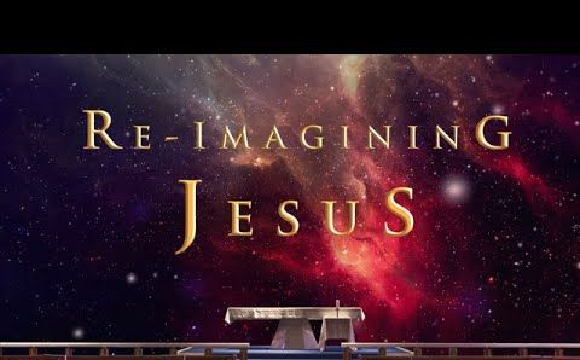Levi, who responded to the call of Jesus prepared a banquet in his house in honour of Jesus. The statement that Jesus and his disciples shared the banquet with the sinners and tax collectors is very revolutionary. The words of Jesus in that context revealed the content and methodology of the message of His Kingdom.
1. As Jesus visited the house of Peter immediately after his following Him, he visited the house of Levi also and shared his hospitality. The words used to qualify that banquet resembles the banquet to happen at the emergence of the Messiah. As Levi wanted to share his new found joy with his colleagues and also because Jesus accepted it, there were many tax collectors for the feast. The conservative Jews never interacted with tax collectors. They were called sinners as they did not oblige the moral code of the Jews. That may be because they could not obey the impractical legal code. But Jesus was proclaiming that the tax collectors also could enjoy the divine salvation.
2. The sitting of Jesus with the tax collectors was, in reality, challenging the purity code of the scribes. The rabbinical traditions and practices existed on three basic pillars viz. the sharing of the dinner table, the public expression of piety and the observance of the Sabbath. Jesus questioned all the three (2:15-28). As sharing of food expressed the deep relationship of the participants, Jesus was offering them the feast of salvation and forgiveness. That means Jesus was negating the ritualistic observances prescribed by the scribes for the absolution of their sins. Jesus was making it clear that it is not the rituals, but the genuine response to the gospel, which is the basis of human salvation. The same message is reverberating in our conscience even today.
3. The statement that only the sick need a physician and that he has come not to call the righteous but the sinners, expressed the priority of Jesus. In the programme of the Kingdom, there is no tendency to exclude anyone. The Word also reminds us that the path of discipleship is the path of regular confession. Jesus questioned the double standard of Jewish religion which repudiated the message with their praxis. The practical tragedy of Jewish religion was that the integrity and holiness of the religion were nullified by their structures created for its maintenance. The Word of God alone can rectify such mistakes and wrongs in the practical religion.
Point to ponder: Do we visualise the holy communion table as the expression of Jesus' acceptance of sinners of every kind?
Prayer: Pray for someone yearning for the assurance of their salvation.
1. As Jesus visited the house of Peter immediately after his following Him, he visited the house of Levi also and shared his hospitality. The words used to qualify that banquet resembles the banquet to happen at the emergence of the Messiah. As Levi wanted to share his new found joy with his colleagues and also because Jesus accepted it, there were many tax collectors for the feast. The conservative Jews never interacted with tax collectors. They were called sinners as they did not oblige the moral code of the Jews. That may be because they could not obey the impractical legal code. But Jesus was proclaiming that the tax collectors also could enjoy the divine salvation.
2. The sitting of Jesus with the tax collectors was, in reality, challenging the purity code of the scribes. The rabbinical traditions and practices existed on three basic pillars viz. the sharing of the dinner table, the public expression of piety and the observance of the Sabbath. Jesus questioned all the three (2:15-28). As sharing of food expressed the deep relationship of the participants, Jesus was offering them the feast of salvation and forgiveness. That means Jesus was negating the ritualistic observances prescribed by the scribes for the absolution of their sins. Jesus was making it clear that it is not the rituals, but the genuine response to the gospel, which is the basis of human salvation. The same message is reverberating in our conscience even today.
3. The statement that only the sick need a physician and that he has come not to call the righteous but the sinners, expressed the priority of Jesus. In the programme of the Kingdom, there is no tendency to exclude anyone. The Word also reminds us that the path of discipleship is the path of regular confession. Jesus questioned the double standard of Jewish religion which repudiated the message with their praxis. The practical tragedy of Jewish religion was that the integrity and holiness of the religion were nullified by their structures created for its maintenance. The Word of God alone can rectify such mistakes and wrongs in the practical religion.
Point to ponder: Do we visualise the holy communion table as the expression of Jesus' acceptance of sinners of every kind?
Prayer: Pray for someone yearning for the assurance of their salvation.




0 Comments